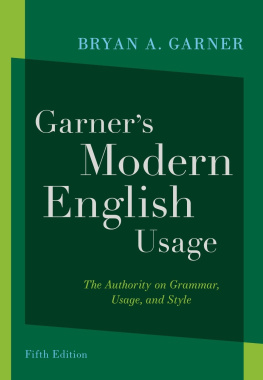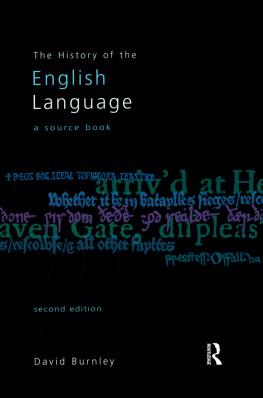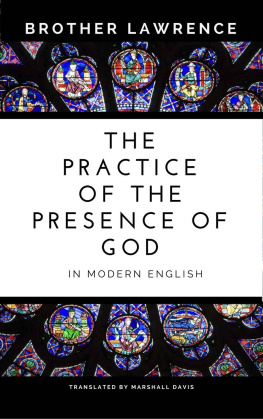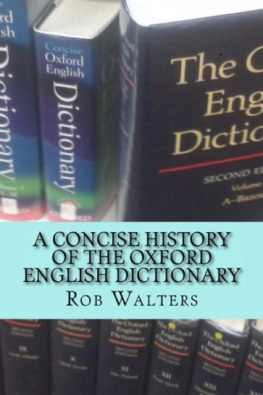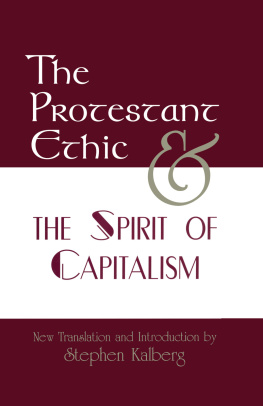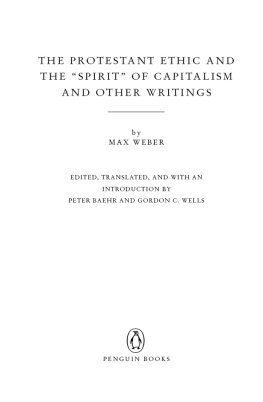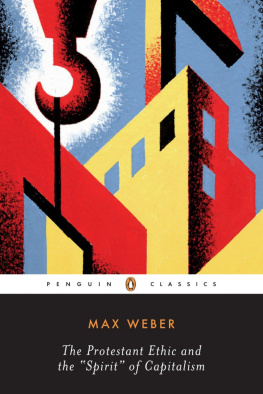The Romantic Ethic and the Spirit of Modern Consumerism
Colin Campbell

Colin Campbell
First published 1987
First published in paperback 1989 by Blackwell Publishers ISBN 0-631-16941-5
Third edition published in Great Britain 2005 by Alcuin Academics
ISBN 1904623336
EPub 978-1-78018-001-4
Kindle 978-1-78018-002-1
This book is sold subject to the condition that it shall not, by way of trade or otherwise, be converted to another format or otherwise circulated without the publishers prior consent in any other format, binding or cover other than that in which it is supplied.
The moral right of Colin Campbell as author of this work is asserted.
Forward to the Alcuin Academic Edition
The Romantic Ethic and the Spirit of Modern Consumerism was first published by Basil Blackwell of Oxford in 1987 . A paperback edition appeared two years later, while in the following five years it was reprinted four times. However although the intervening years have seen the appearance of Italian, Portuguese, Slovenian and Chinese editions, no copies have been available in English since 1998. This Alcuin Academic edition has therefore been published in order to fill this gap, and more specifically to meet the needs of those academics and students who have contacted me over the past six or seven years in search of an English-language version of the book. Naturally I have considered writing a revised edition (which indeed some critics, as well as a few friends, have suggested is long overdue). However I have decided against doing so at this time, preferring to direct my energies elsewhere.
Colin Campbell
York
March 2005
Introduction
Most attempts to describe the general development of modern thought tend to pay exclusive attention to the growth of rationalism. The result is a picture quite incompatible with historical facts and the world as we know it.
Karl Mannheim
The Oxford English Dictionary defines the word 'romantic' as meaning 'marked by or suggestive of or given to romance; imaginative, remote from experience, visionary, and (in relation to literary or artistic method) preferring grandeur or passion or irregular beauty to finish and proportion'. None of these connotations would appear to have much to do with those activities which are generally covered by the heading 'consumption'. The selection, purchase and use of goods and services are all forms of everyday action which, on the contrary, we commonly tend to view as rather dull and prosaic matters, except perhaps on those rare occasions when we purchase a major item like a house or a car. It would appear, therefore, that consumption, being a form of economic conduct, should be placed at the opposite pole of life from all that we generally regard as 'romantic'. The reasonableness of this contrast is deceptive, however; something which becomes apparent once we recognize that there is one significant modern phenomenon which does indeed directly link the two.
This, of course, is advertising, for even the most cursory examination of the pages of glossy magazines and the contents of television commercials will serve to reveal how many advertisements are concerned with the topic of 'romance', or with images and copy which deal with scenes which are 'remote from everyday experience', 'imaginative' or suggestive of 'grandeur' or 'passion'. And it is not just romance in the narrow sense which features so prominently in conjunction with perfume, cigarettes or lingerie advertisements - it is also that the pictures and stories used are typically 'romantic' in the broader sense of being exotic, imaginative and idealized; whilst the very purpose of advertisements, of course, is to induce us to buy the products which are featured: in other words, to consume.
The fact that basically 'romantic' cultural material is commonly used in advertisements in this fashion has often been noted and hence one could say that a general awareness of the link between 'romanticism' and 'consumption' already exists. The assumption which has largely prevailed among social scientists, however, indeed among academics and intellectuals in general, has been that it is the advertisers who have chosen to make use of this material in an attempt to promote the interests of the producers they represent, and consequently that the relationship should be seen as one in which 'romantic' beliefs, aspirations and attitudes are put to work in the interests of a 'consumer society'. That view is challenged in the pages that follow (although not dismissed) where it is argued that the reverse relationship should also be taken seriously, with the 'romantic' ingredient in culture regarded as having had a crucial part to play in the development of modern consumerism itself; indeed, since consumption may determine demand and demand supply, it could be argued that Romanticism itself played a critical role in facilitating the Industrial Revolution and therefore the character of the modern economy. This is a very ambitious argument and hence I shall commence by explaining how I came to be in the position of considering it.
The events which led to the writing of this book occurred in the late 1960s and early 1970s. Like most academics in Western Europe and North America, and especially those who were in the social sciences, I found that period to be disturbing and challenging, if occasionally exhilarating. Universities appeared to be in the front line of a war which had broken out between the generations, one in which the more privileged and educated of the young seemed determined to deflect the course of history into unanticipated channels. No academic, and, least of all, no sociologist, could experience such an intellectual and cultural turmoil without being prompted to reconsider and re-examine the assumptions which guided both his professional and personal conduct. Some of my colleagues, after suitable reflexive deliberation, decided to join the young 'counter-culturalists', whilst others became more entrenched in their opposition to what they saw as youthful antinomian madness. As for myself, I became increasingly intrigued by the phenomenon which presented individuals with such dilemmas; reluctant to condone or condemn that which I found I could not fully comprehend, my energies were increasingly directed toward the study of this bewildering cultural upheaval. Although at first this was a personal investigation, undertaken in the hope of permitting me the luxury of adopting a rational response to events, it quickly developed into a matter of professional concern, as indeed, I noted later, it had also become for others of my profession.
My research in the subsequent years took the form of reading the literature either produced or favoured by these heralds of 'the Age of Aquarius', or that written by their more elderly apologists, from both of which I hoped to obtain a better understanding of their world-view. Whilst, at the same time, I naturally consulted those few, but increasing, sociological monographs which purported to explain this new and bewildering phenomenon. What made this latter exercise such a peculiarly difficult one was that the accepted sociological wisdom of the post-war years, and indeed of the generation before that, had been founded on the assumption that modern societies would continue to progress down the road of rationality, materialism and secularity. That significant sections of the educated middle-class young should, there fore, turn to magic, mystery and exotic religion, manifesting a marked alienation from the culture of rationality and a determined anti-puritanism, was as inexplicable as it was unexpected. It was thus only with considerable difficulty that accounts of the phenomenon were developed which did not directly challenge this larger premise of long-term 'rationalization'. And yet to offer explanations which challenged that assumption was necessarily to question a tenet, held by the 'founding fathers' of the discipline and most of its present practitioners alike, concerning the fundamental rationality of modern capitalist society.
Next page

